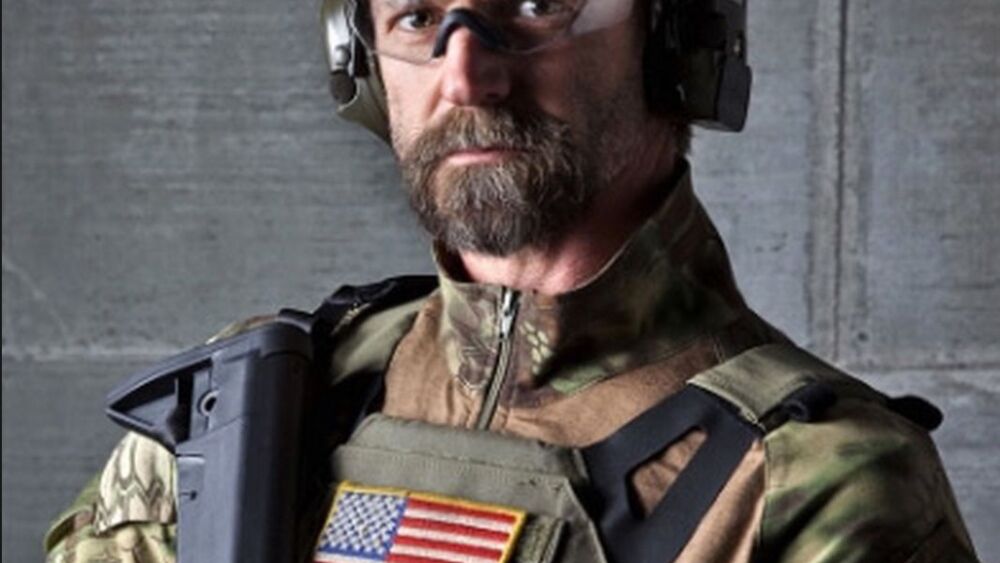By Liz Kelly
While most of the country is focused on the opioid crisis, Warriors Heart’s clinical team recently announced that the number one addiction challenge faced by their private residential treatment program clients for “warriors only” (military, veterans and first responders) is alcohol abuse. With an increased awareness of this trend, we can all help our warriors win their war at home.
Eighty-four percent of Warriors Heart clients note alcohol is their primary issue, and opioids are a strong second. As a result, the clinical team is focused on healing warriors who use chemical dependencies as a coping mechanism.
Dr. Frederic Wilson, Warriors Heart medical and clinical director, provides these insights; “Warriors tend to use alcohol or other substances to cope with their emotional and physical pain, and, at times, it can become a habit. This can result in physical and chemical changes in the brain that make it very difficult to stop. These physical and chemical changes, as well as the psychological dependence on the substance, are the primary components of the addiction.”
Former Special Forces and Warriors Heart Founder Tom Spooner reflects on veteran healing based on his 21 years of service, “Many warriors use alcohol to numb their pain when they come home. Because warriors are the ones who run into the fire, they often don’t know how to deal with the trauma, and instead suffer quietly through self-medication and drinking.”
Warriors Heart Alumni and Former Navy Medic Will B also numbed his pain at home with drinking. Will shared, “I started drinking to cover up symptoms of PTSD, and it got really out of hand.” After calling 64 residential treatment programs, Will chose Warriors Heart and received a full scholarship through Operation Warriors Heart Foundation.
Peer counseling for addiction
What makes Warriors Heart unique is the peer-to-peer program where clients can feel safe to share and heal with peers because the program is not mixed with civilians. Will B describes the program this way; “Warriors Heart didn’t feel like a treatment facility – it is, but it’s not a white padded room and white coat doctors.”
And with so many recent disasters, many law enforcement officers, firefighters, EMTs and paramedics struggle when they come home from a shift and/or after working on major disasters. There is a stigma or misunderstanding that it’s not OK for these protectors to feel pain that can result in using alcohol and opioids as coping mechanisms for depression and/or anxiety.
Reach out to military, veterans and first responders who may be numbing their pain at home alone, especially during the winter months. With the right support, our warriors can stop numbing their pain with alcohol and opioids.
About the author
Warriors Heart provides detox, inpatient, outpatient and long-term sober living treatment to those who put their lives on the line for our safety. Warriors Heart Alumni Christian B emphasizes, “don’t hesitate to pick up that thousand-pound phone” and ask for help. There is a 24-hour Warriors Heart hotline (844-448-2567) answered by Warriors.


